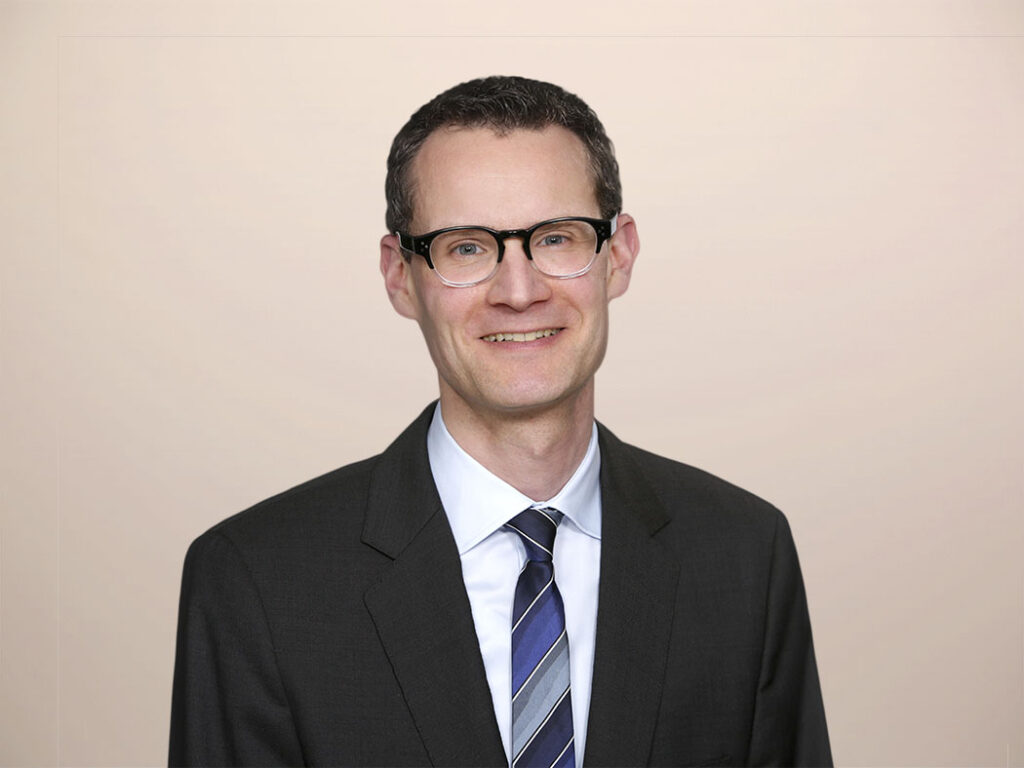Reflections On IFA 2020
Last week, IFA 2020 took place both in Berlin and virtually. I attended the virtual fair, which was an excellent experience. You could really feel how people were excited to meet both physically and virtually. However, neither the excitement nor the experience could hide the fact that the consumer electronics industry continues to struggle during the pandemic. Indeed, leading companies such as LG, Miele, Bosch, and Siemens all showcased their adaptability to pandemic-triggered consumer lifestyle changes with supersized products for a more connected, more convenient, and safer home. But despite all the great examples, I was missing my personal “wow” moment. To sum it up, the fair delivered some interesting insights into how the coronavirus crisis:
- Drives up demand for connected household appliances as well as products for remote working and schooling. IFA visitors could experience the industry’s response with newly introduced, supersized appliances such as fridges and TVs. LG, Miele, Bosch, and Siemens are pioneering the trend of the smart home transitioning toward the autonomous home. Cloud and AI have entered the home appliances market by now, and with that, fridges, ovens, lighting, and TVs autonomously connect to each other and to clouds for more convenience and safety.
- Triggers new solutions for indoor climate control in homes and offices. For example, Beurer’s sea-air simulator, creating a marine climate in private homes, is a smart way to provide comfort despite a failed summer vacation due to the pandemic. Meanwhile, LG’s announcement of a portable air cleaner to be worn like a face mask shows how new consumer needs are driving new innovative solutions in times of crisis.
- Raises the bar for tech-driven innovation for consumers. “IFA NEXT,” IFA’s innovation convention, gathered industry experts, academia representatives, and startups to discuss the opportunities and limitations of technologies like AI, telepresence, mixed reality, robotics, and cloud. While the ambition is often to tackle challenges such as climate change and personal mobility, the discussions also showed how difficult it is to move from theory to actual client adoption. Meanwhile, Huawei reinforced its vision to become a market leader in Europe by announcing the introduction of eight flagship stores and 40 additional stores across the region throughout the coming 12 months, also creating hundreds of jobs; Huawei didn’t showcase any new products at this year’s IFA, however.
So overall, I couldn’t observe anything spectacular or unexpected at this year’s IFA. It felt like this is not the time for even more technology disruption in an already disrupted world; instead, vendors are keen to stay focused on solving urgent and global challenges with technologies at hand.
